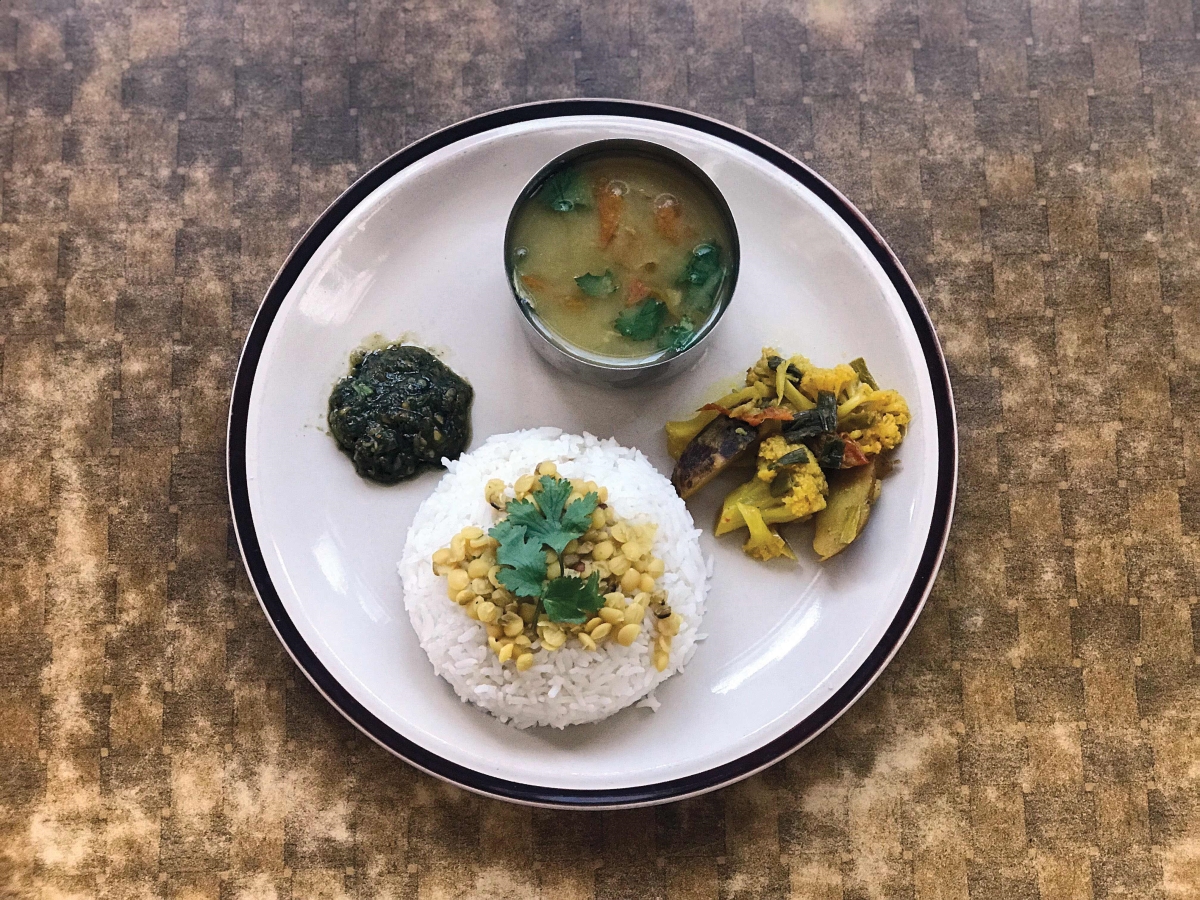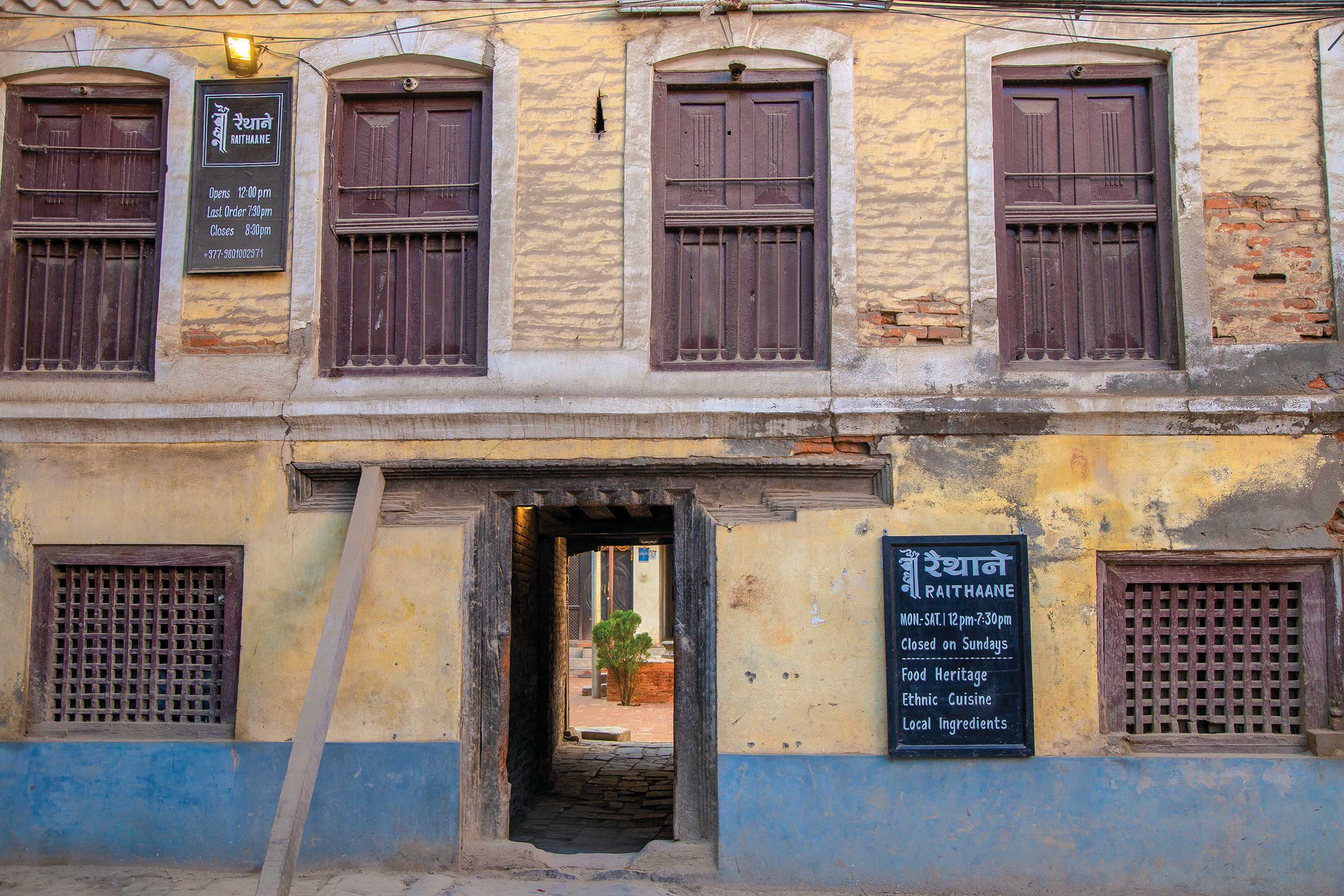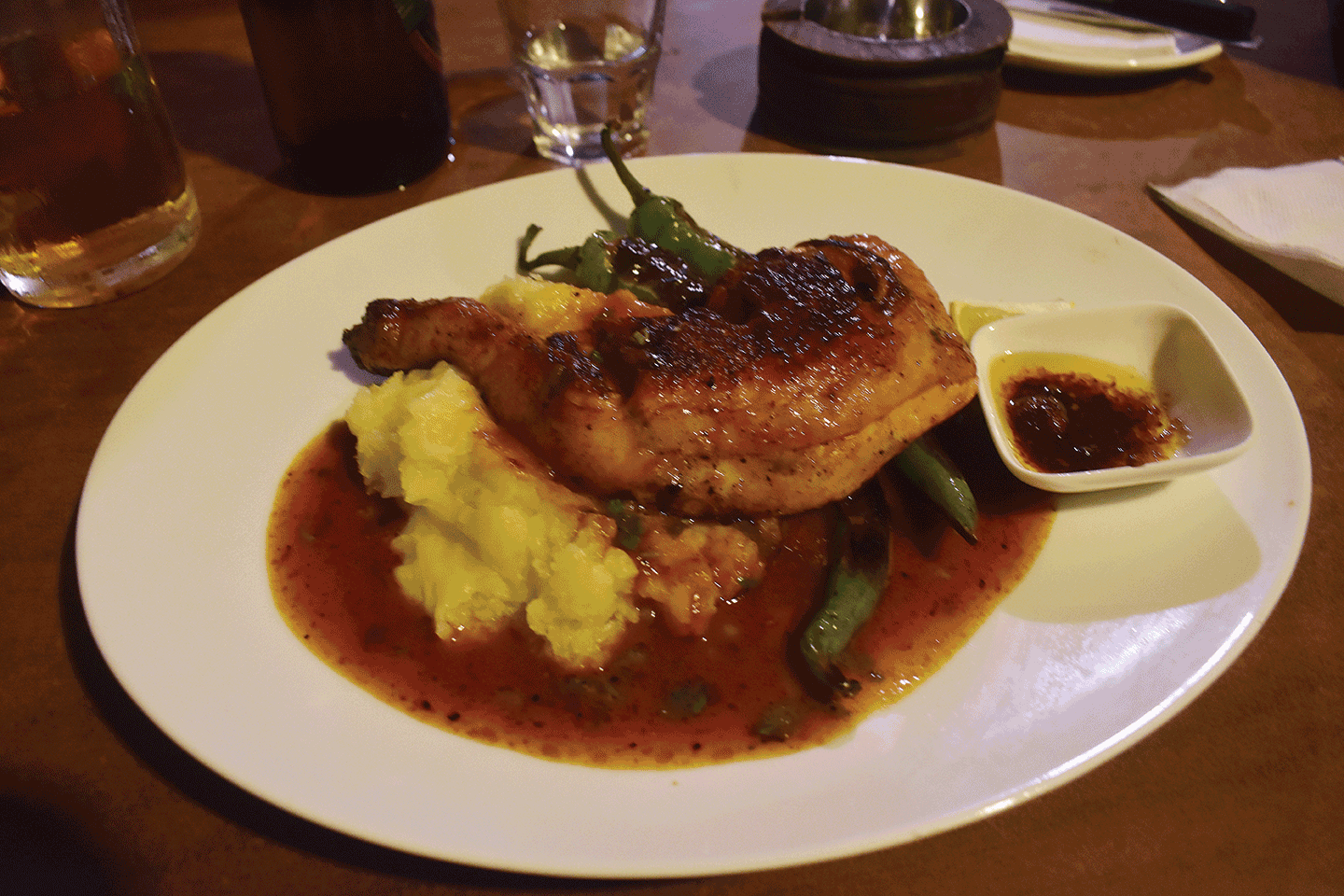The farmer's market at Summit Hotel sells terrific organic produce and more. What it promotes might be much more important for its patrons to understand.
There is a lot to do in life, but first, eat. Well, if you are debating this one- you have to understand, a man’s got to eat to live. But eat healthy, of course. Yet, the question remains: What is healthy? The market sells food- but how much of it is good food?
We are all rushing our way to the future and so, cooking for most would be a hurried task, just one more taks to get done over with. But you might want to check what you are eating. Unseasonable vegetables appear in the market through commercial farming. And processed food with the tag ‘best before 12 months’ are always available. Are all concerned honest about it? Who knows how long it’s been in the market? One possible answer is at the Farmer’s market that converges every Wednesday and Sunday at Kupondole’s Summit Hotel. Here you’re probably thinking I’m promoting this place. This is not my intention. What inspired me was the concept behind the farmer’s market.
 I didn’t even have an idea about organic and inorganic food. All I knew was that green veggies were good and junk food was bad. That was until I met Vishnu Shrestha, the organizer of the farmer’s market. Unlike Kalimati’s tarkari bazaar, the market wasn’t showing off vegetable of all sorts. The display wasn’t abundant, nor was it messy. I asked him why the market was so competitive. And what he said reminded me of a saying by George Orwell- “We may find in the long run that tinned food is a deadlier weapon than the machine gun.”
I didn’t even have an idea about organic and inorganic food. All I knew was that green veggies were good and junk food was bad. That was until I met Vishnu Shrestha, the organizer of the farmer’s market. Unlike Kalimati’s tarkari bazaar, the market wasn’t showing off vegetable of all sorts. The display wasn’t abundant, nor was it messy. I asked him why the market was so competitive. And what he said reminded me of a saying by George Orwell- “We may find in the long run that tinned food is a deadlier weapon than the machine gun.”
Shrestha began his organic vegetable vending business in 1990 at Blue Star Hotel but later moved to Summit Hotel in 1993. Moving in between to explore his business, he came to the Summit where today his market remains, 18 years older than the other stalls. Smiling, he admits to me that it’s the expatriate community that make much of the clients, as he suggests the foreigner at his stall to buy fresh lettuce for lunch. He proudly tells me, “I sell healthy food and it’s all from my farm at Bhaktapur.” The vegetables grown in his farm re-live the traditional essence of farming, with no pesticide and insecticide, only pure manure.
Traditional farming is slowly disappearing from our culture, with more commercial aspects creeping in. Factories are replacing farmers and vegetable vendors by supermarkets. The culture of eating has paced on to fast food. Good food is losing its taste. “A little motivation from the government to promote organic farming would be better,” sighs Shrestha. But it isn’t just him who is old to this farming. Pavitra Bhandari with her experiences of sale at Summit hotel for two years now has her own organic production facility which produces cheese, khuwa and curd from Sri Aurobindo Ashram.
At the traditional market, most still seem to believe in “eat healthy, be healthy”. Although a small group, their message is clear; they are willing to take it to the next level where we might need to redefine what good food is again.
The ‘Sunday’ market is also good for:
- Summit’s Bakery: Phuti Sherpa sells cheese, cinnamon, maize, bacon, saffron roll and muffin, all baked in the hotel’s kitchen.
- Secret Bakery, the name given by Bharat Kafle’s foreign friends, sells dishes with a distinctly foreign recipe from different countries.
- Sunita Shrestha’s ‘Nep hand felt and leatherwork’ markets handicrafts made of sheep’s wool felting.
- Mallika Shrestha’s ‘Craft Palace’ vends handicrafts made from natural fibers such as hemp and nettle.
- Juli Thapa Tamang trades plastic weaved baskets brought all the way from Dhading.









